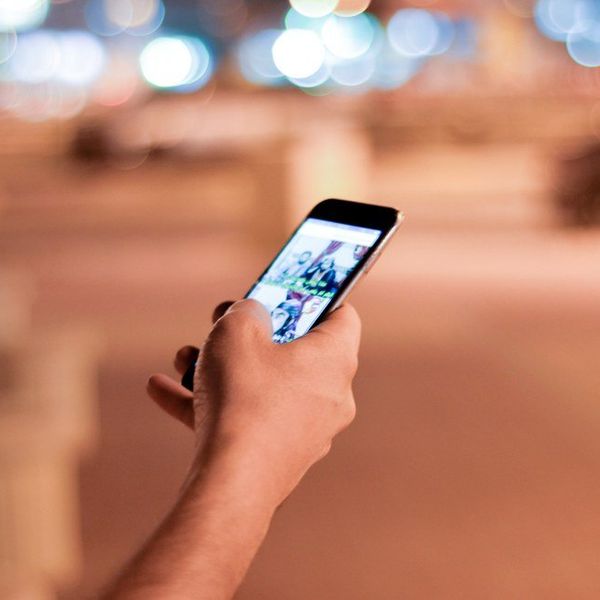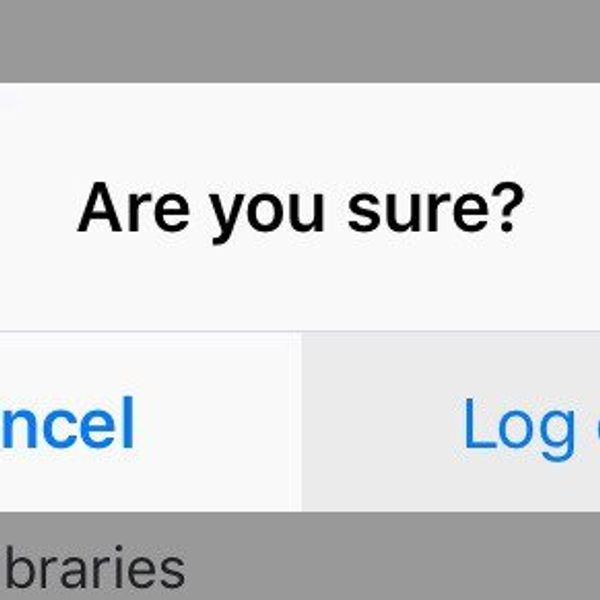It all began a year ago, when I was spending time with friends and — as always — we were staring at our phones. One of my friends took a picture of me and instantly after the click of the camera, I wanted to see the picture; I wanted to know what I looked like, if it was post-worthy, could it be my next profile picture? I wanted to see myself as everyone would see me. After realizing how narcissistic I was being, I fumbled in my pocket to delete the traces of my selfishness. What I did was this…I deleted my Instagram. It was the death of one of my many social media outlets. And, like any death, grief came later but not in the form I imagined. It came as a series of questions from my peers—judging by their exasperated expressions. They acted as if I had just jumped off the face of the earth and somehow survived. Meanwhile, I couldn’t help but ask myself: Who am I? And where have I been?
This lengthy explanation of a teenager’s far too thoughtful philosophy begins with a couple of words: Instagram is the looking glass self. The looking glass self was a theory created by the psychologist Charles Cooley. In 1902, he concluded that “people are shaped by self-concepts of how others perceive them.” Now fast forward to present day, and where would such an array of concepts come from? Instagram. Instagram is the social platform where anyone, but specifically teenagers, perceive themselves and perceive others. When I was a user of Instagram, I spent more time looking at my own, unchanging profile than I did looking at others. This unhealthiness led to more and more questions about myself and the society I am living in, the answers for which I could not simply Google search.
Now I want it to be understood that I am not saying every Instagram user is a narcissist. I know lovely people with Instagram accounts, and I am still friends with my former followers. I am simply saying that social media is a place often meant for people to publicize the uneven aspects of their existence—things that they are yet unsure of but want to explore. The only problem is that it’s permanent.
So now that the anniversary of my departure to Instagram is soon arriving, I reflect on the day when my friends and I spent the beginnings of our last year together by simply staring at our phones. Given all the questions we teenagers ask ourselves, for instance, “Am I artsy?,” “Am I athletic?,” “Am I pretty?,” “Am I handsome?” One would think it is common for us to ask our peers for input. Well, eventually we do. However we ask these questions through a portal—called social media—rather than a casual colloquial. These self-defining statements are posted via a virtual panel where the whole world can also have its say. It’s the effect of too-much-technology that has brought adolescents to a point of permanence in their search for self. And in that search consists a very common experiment that most teenage Instagram users go through—whether they realize it or not.
The experiment goes like this:
Step 1: Let’s say you posted something on the Internet a while back, but you feel that picture no longer describes you anymore. Well, too bad. Because the picture’s already been seen, you’ve already been judged, and other users have already had their first impressions—just one glimpse through your ever-changing feed.
Step 2: You suddenly realize that in order to even the equilibrium of your old self and the person you now see in the mirror; you must post more. Thus confining yourself to a life through the lens and an even deeper search for self, in a place where you can only be reached by a click of a button.
Step 3: This is the step where you can make the decision to live. Where you step into reality. Where you can release your worries and troubles of a second-life. Where you can change yourself as a person, not just as a user. Your condensed headlines and carefully chosen selfies are replaced with a speech of presence, or in this case, absence. You delete your Instagram.
So it’s been a year since the death of my Instagram profile, and I can honestly say that I have no remorse. I have never opened up another account since, nor have I looked back with any regret. There is a never-ending list of goals to conquer in life, and having 400 followers is not on the list. It can simply be said that I do not care. And I think you shouldn’t, either.
Living happens in the world, not in Instagram.





















